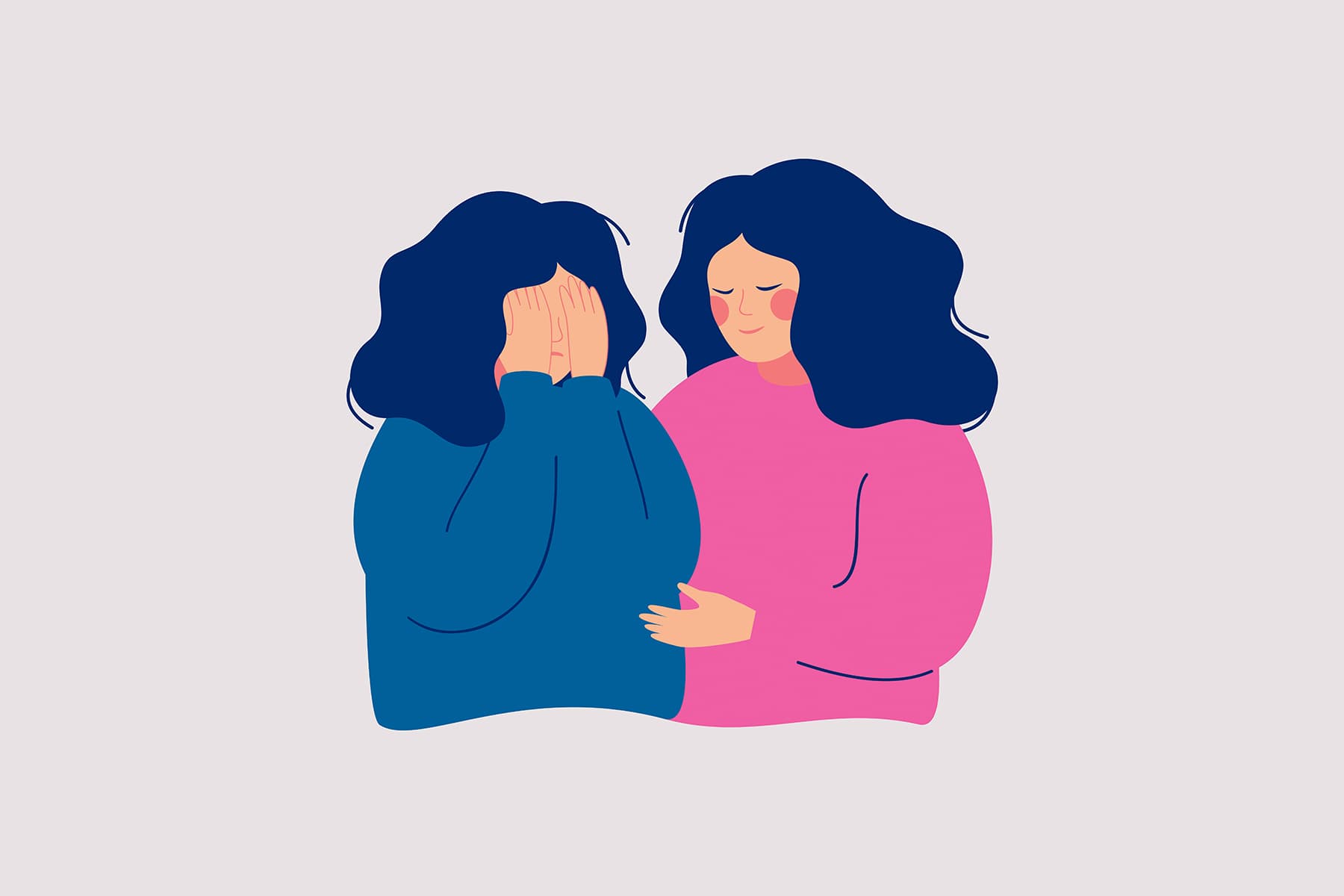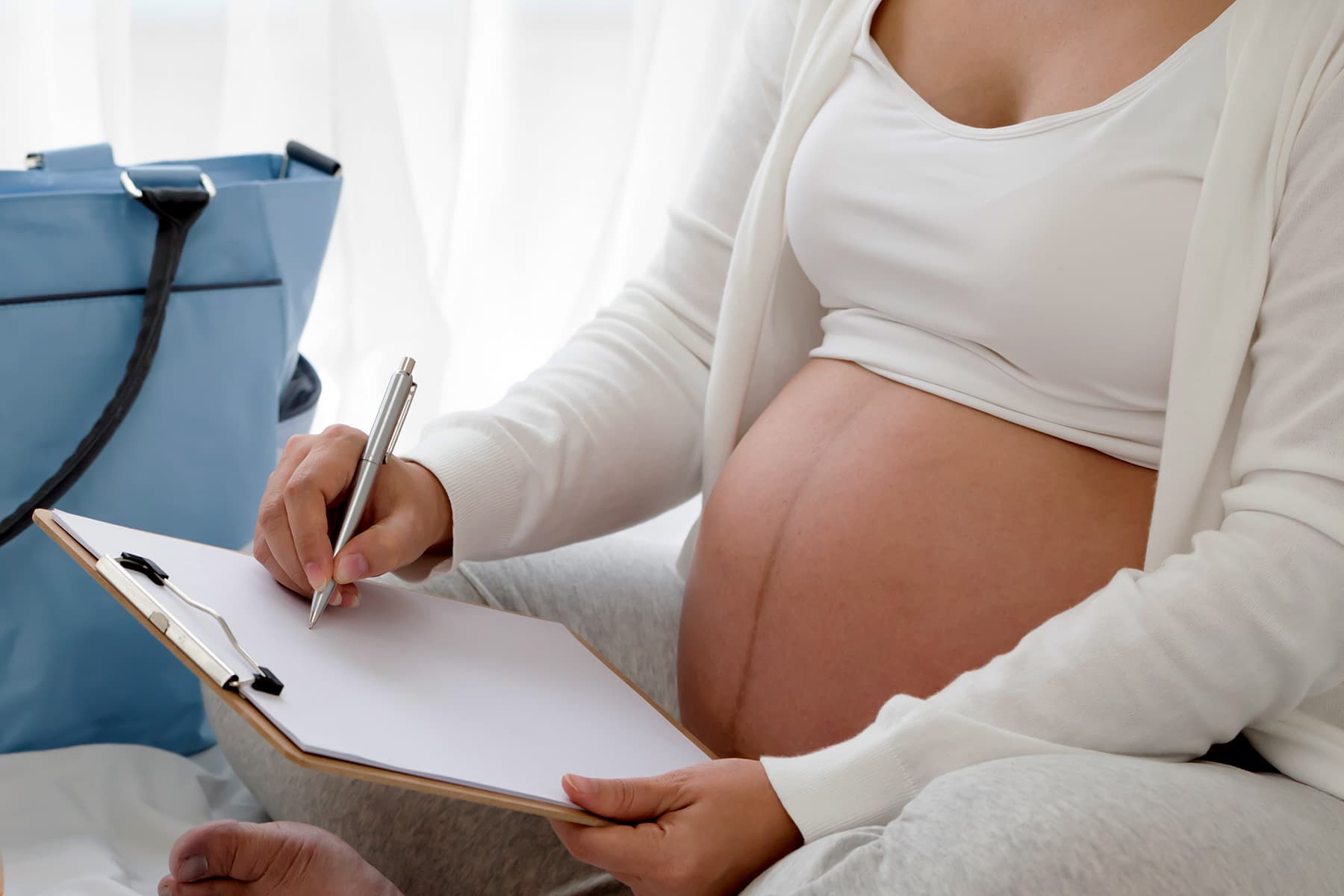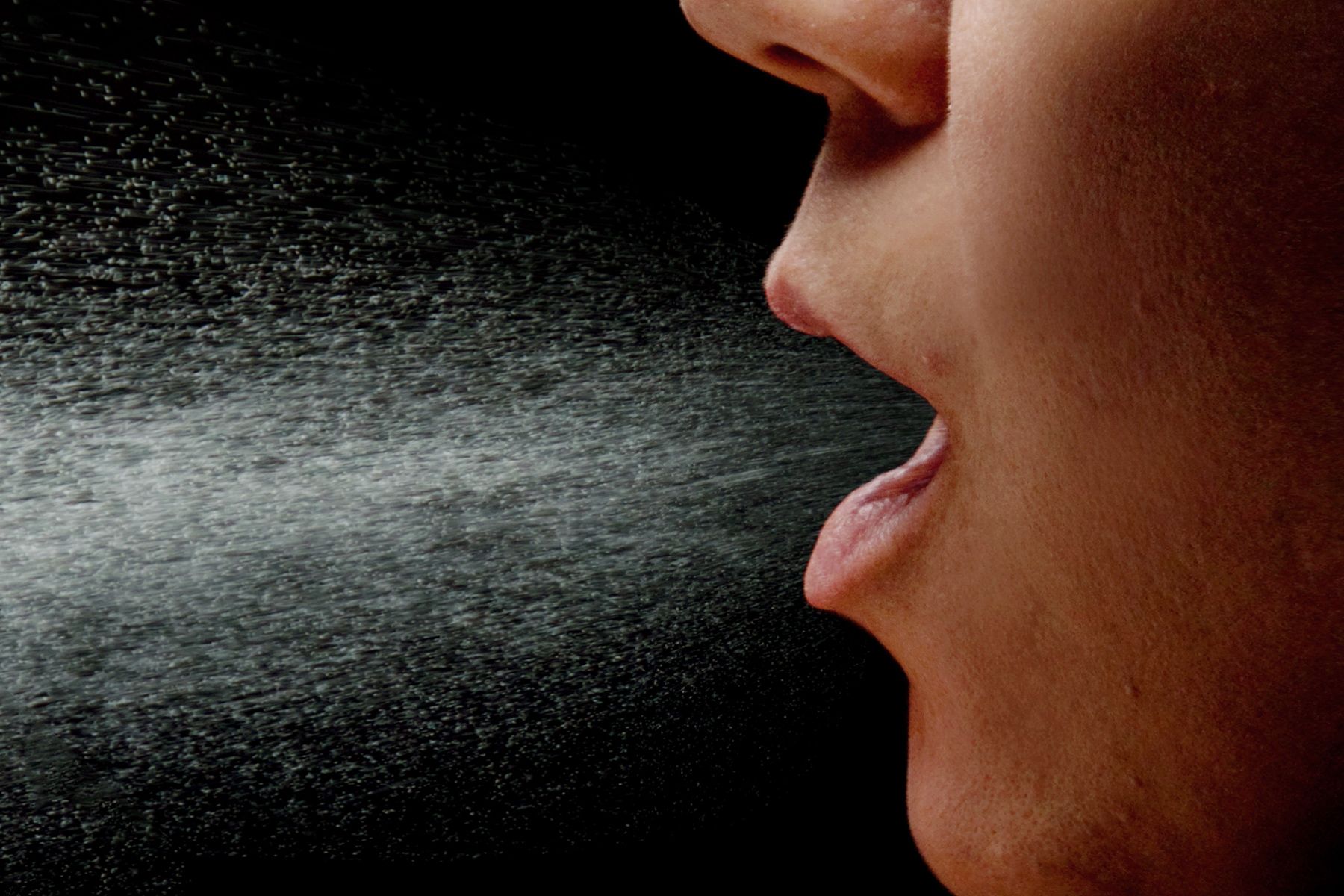Over 140,000 U.S. Children Have Lost a Caregiver to COVID-19
Data shows that from April 2020 to July 2021, more than 120,000 children under the age of 18 lost a primary caregiver and about 22,000 lost a secondary caregiver.

HealthDay Reporter
THURSDAY, Oct. 7, 2021 (HealthDay News) -- It is an excruciating statistic: One successful each 4 COVID-19 deaths successful the United States leaves a kid without a genitor oregon different caregiver, researchers report.
The investigation of information shows that from April 2020 to July 2021, much than 120,000 children nether the property of 18 mislaid a superior caregiver (a genitor oregon grandparent who provided housing, basal needs and care), and astir 22,000 mislaid a secondary caregiver (grandparents who provided housing, but not astir basal needs).
"Children facing orphanhood arsenic a effect of COVID is simply a hidden, planetary pandemic that has sadly not spared the United States," survey writer Susan Hillis, a U.S. Centers for Disease Control and Prevention researcher, said successful a U.S. National Institutes of Health quality release.
Overall, astir 1 successful 500 children successful the United States person go orphans oregon mislaid a grandparent caregiver to COVID-19, according to the survey published Oct. 7 successful the diary Pediatrics.
Children of radical and taste minorities accounted for 65% of youngsters who mislaid a superior caregiver to COVID-19, compared with 35% of achromatic children, adjacent though whites relationship for 61% of the U.S. population, and radical of radical and taste minorities correspond 39% of the population.
Orphanhood oregon the decease of a superior caregiver owed to COVID-19 was experienced by: 1 of each 168 American Indian/Alaska Native children, 1 of each 310 Black children, 1 of each 412 Hispanic children, 1 of each 612 Asian children, and 1 of each 753 achromatic children.
Compared to achromatic children, American Indian/Alaska Native children were 4.5 times much apt to suffer a genitor oregon grandparent caregiver, Black children were 2.4 times much likely, and Hispanic children were 1.8 times much likely.
States with ample populations -- California, Texas and New York -- had the highest wide numbers of children who mislaid superior caregivers to COVID-19.
The researchers besides recovered important racial/ethnic differences betwixt states.
In New Mexico, Texas, and California, 49% to 67% of children who mislaid a superior caregiver were Hispanic. In Alabama, Louisiana and Mississippi, 45% to 57% of children who mislaid a superior caregiver were Black. American Indian/Alaska Native children who mislaid a superior caregiver were much communal successful South Dakota (55%), New Mexico (39%), Montana (38%), Oklahoma (23%), and Arizona (18%).
Continued
The fallout from losing a genitor is important for children: It is associated with mental health problems; less years of school; little self-esteem; high-risk intersexual behaviors; and accrued hazard of substance abuse, suicide, violence, intersexual maltreatment and exploitation, the researchers noted.
"All of america -- particularly our children -- volition consciousness the superior contiguous and semipermanent interaction of this occupation for generations to come. Addressing the nonaccomplishment that these children person experienced -- and proceed to acquisition -- indispensable beryllium 1 of our apical priorities, and it indispensable beryllium woven into each aspects of our exigency response, some present and successful the post-pandemic future," Hillis said.
"The magnitude of young radical affected is simply a sobering reminder of the devastating interaction of the past 18 months," said survey co-lead researcher Alexandra Blenkinsop, from Imperial College London. "These findings truly item those children who person been near astir susceptible by the pandemic, and wherever further resources should beryllium directed."
More information
The American Academy of Pediatrics has much connected childhood grief.
SOURCE: U.S. National Institutes of Health, quality release, Oct. 7, 2021
What's Your Reaction?


















